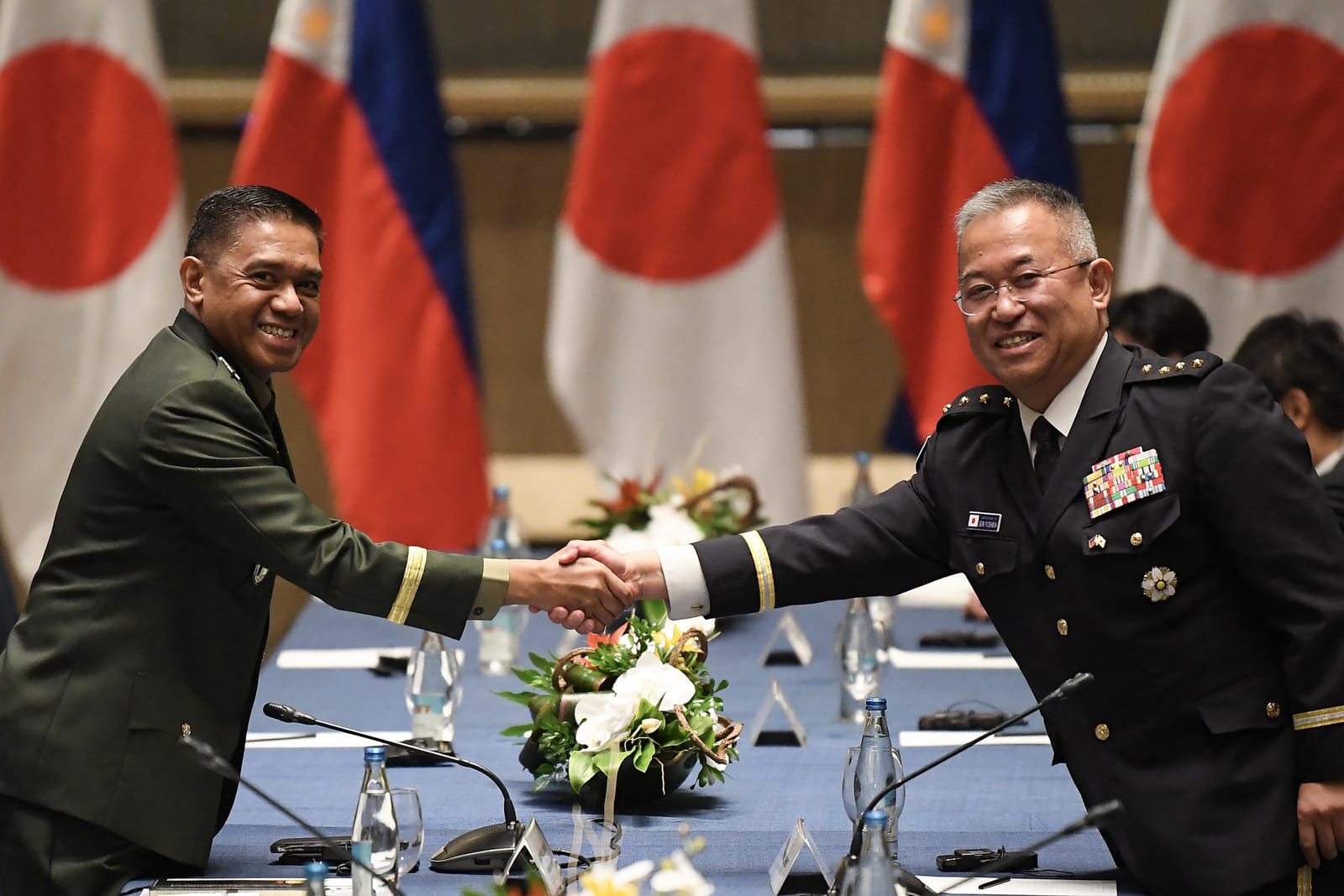The newly-signed Reciprocal Access Agreement (RAA) is a de facto visiting forces deal, since it establishes procedures for the cooperative activities, while the force of one country is visiting the other country and defines a legal status of the visiting force. Accordingly, it allows the Armed Forces of the Philippines (AFP) and the Japanese Self Defence Forces (JSDF) to dramatically expand joint military activities, including large-scale drills focused on enhancing interoperability and joint response to various contingencies, including disasters as well as armed conflicts.
Both nations also have a direct interest in preparing for contingencies in neighbouring Taiwan, which is almost equidistantly positioned between important military facilities in northern Philippines and southern Japan. Thus, geography alone makes a more robust Philippine-Japan security cooperation pivotal to their American ally’s “integrated deterrence” strategy against a resurgent China, which has repeatedly warned of potential invasion of the self-ruling island nation.
The move comes also as there are growing worries over a more transactional and unilateralist American foreign policy under a second Trump administration. By all indications, the United States will remain as the “hub” of a network of partnerships in the Indo-Pacific, but allies are stepping up their own defence spending as well as deepening “spoke-to-spoke” cooperation among themselves.



…but they have the foresight to prepare for the inevitable withdrawal of support that would result from a Trump presidency.